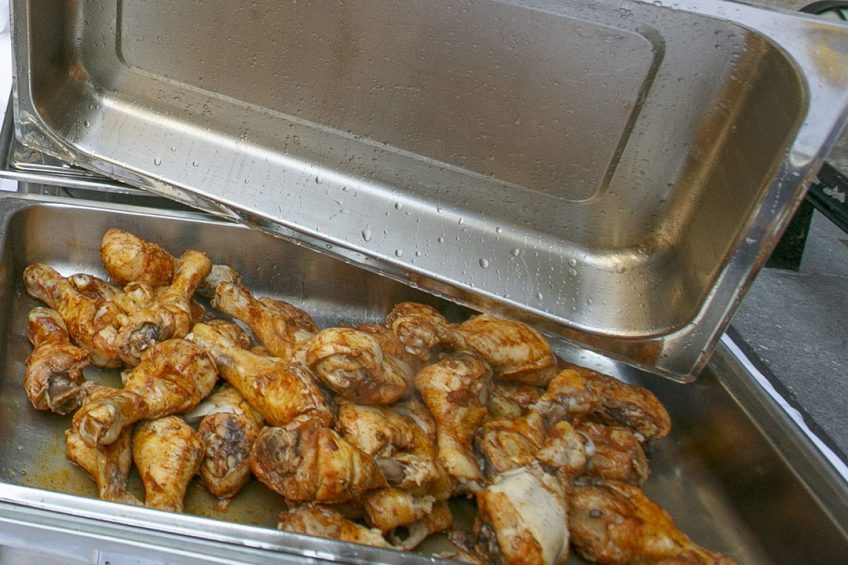Working together towards the best goal

The poultry industry can at times be a cut-throat business. Margins are tight, retailers are few in number and ruthless negotiators and the entire supply chain must operate on a ‘just in time’ basis to keep production progressing smoothly. While one of its strengths is the network of people that are all too happy to share knowledge where appropriate, business decisions must be taken in the interest of improving bottom lines.
That’s why it’s so encouraging that the British poultrymeat sector has managed to reduce its antimicrobial use in a pre-competitive fashion. As our report on which can be seen in Volume 2 of Poultry World (page 21) reveals, the sector worked together on drawing up strategies and sharing best practice and the results speak for themselves – total usage down 82% over the past 6 years along with voluntary withdrawal from certain critically important medicines. As a result, the poultry industry is seen as a leading sector within livestock, that others are seeking to imitate.
Legislation to restrict medicine use in poultry
The British government has also, for now, not felt the need to draw up specific legislation to restrict medicine use, as has happened in many other developed nations. Contrast that with the situation in the US, where retailers, restaurants and fast food chains competed to have the best credentials for their farming supply chains. It saw many farmers having to pull medicines from their production systems overnight, or face having to treat birds but lose money as their produce is rejected.
Sharing knowledge to reduce campylobacter
And antibiotic reduction is far from the only area that knowledge can be shared, without compromising commercial interests. Another example from the UK is campylobacter reduction, which was dealt with collaboratively. If you think about it, almost any element of production, from feed additive trials to litter management could be dealt with pre-competitively. And as more data is collected from farms, sharing information becomes ever easier. Welfare outcomes, that might put the poultry industry on a firmer footing when it is criticised is another potential area – having a majority of the sector on the same page presenting a unified front is certainly a sensible proposition worth considering.









